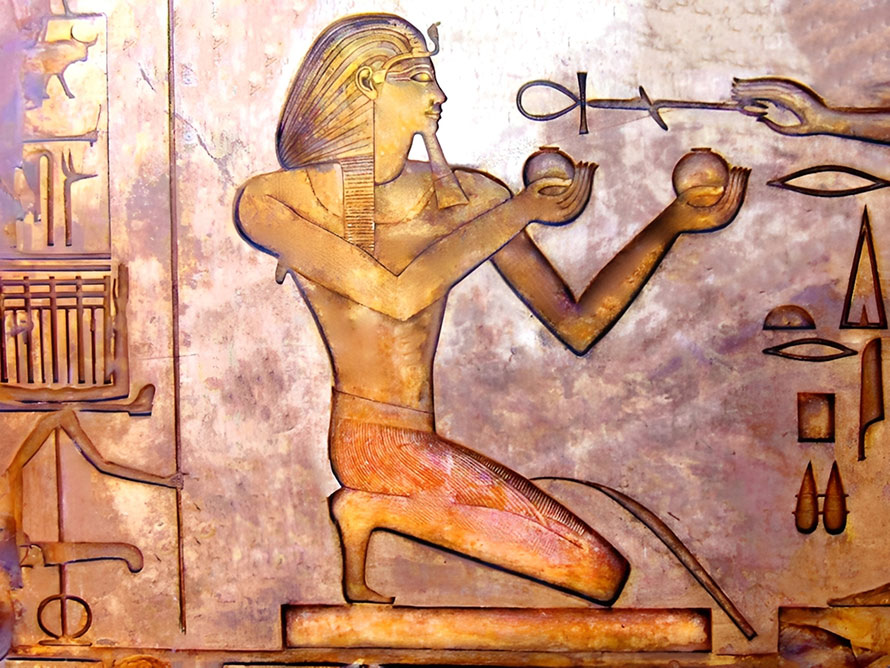Was Egypt the greatest civilisation in history? The discovery of Thutmose II’s resting place has been hailed as the greatest archaeological breakthrough in 100 years.
Lost pharaoh’s tomb is a ‘lottery win’
 Thutmose II: When archaeologist Piers Litherland, who works alongside a British and Egyptian team, discovered the tomb of Thutmose II (pictured above) he burst into tears.
Thutmose II: When archaeologist Piers Litherland, who works alongside a British and Egyptian team, discovered the tomb of Thutmose II (pictured above) he burst into tears. Glossary
Pharaoh - An Ancient Egyptian ruler.
Archaeologist - A person who studies history through the excavation of sites and artefacts.
Hatshepsut - Known for gaining huge power as a female pharaoh of Egypt. She was the daughter of Thutmose I and married her half-brother Thutmose II.
Akhenaten - An ancient Egyptian pharaoh who established a new system of worshipping Aton, a sun god.
Nefertiti - A queen in the 18th dynasty of Ancient Egypt. She was the wife of the pharaoh Akhenaten.
Tutankhamun - An ancient Egyptian pharaoh who ruled from 1332 to 1323BC. He ascended to the throne aged roughly nine and became famous in modern times due to the discovery of his tomb in 1922.
World War Two - A global war that lasted from 1939 to 1945 and included all of the great powers.
Art Deco - The main decorative style of the 1920s and 1930s, characterised by strong geometrical shapes and vibrant colours.
Sarcophagus - A stone coffin, often with writing or pictures on. Associated with ancient Roman, Greek and Egyptian civilisations.
Architect - Someone who is qualified to design buildings and supervise their construction.
Legacy - Something that comes from events in the past.
